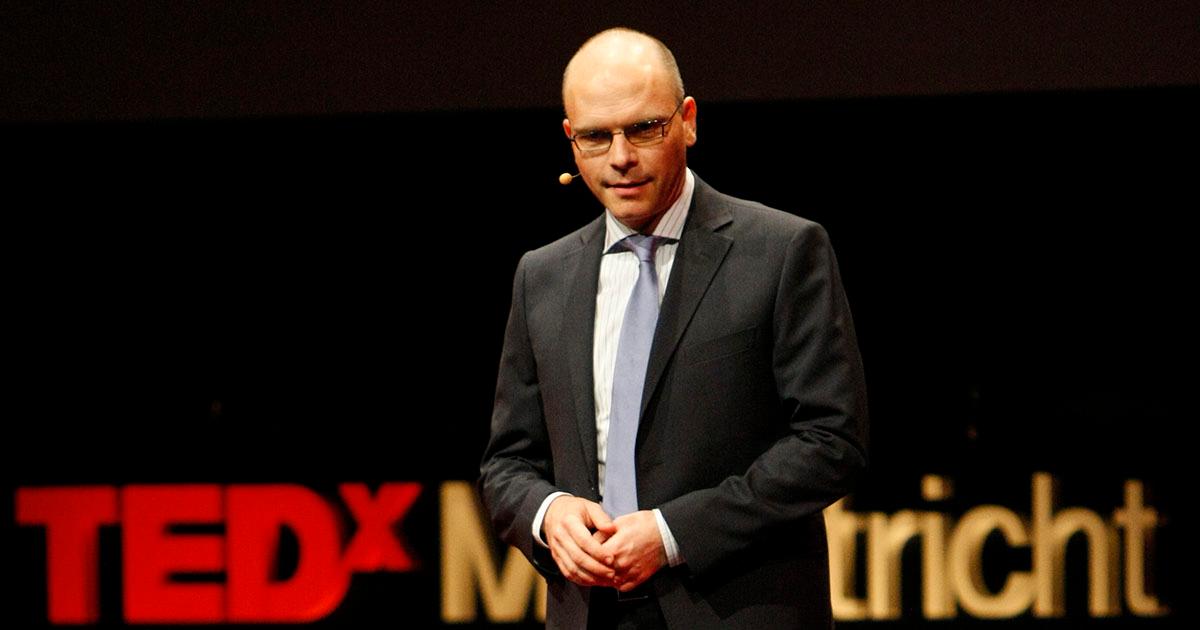“Most good leaders are keenly aware that what has got them here, will no longer get them there,” says Paul Rulkens, president of Agrippa Consulting International in Maastricht, the Netherlands. “If they want to have results they have never had before, they need to do things they have never done before. This mindset will help leaders to continue to learn, challenge complacency and bring out the best in themselves and in others.”
Rulkens is an international keynote speaker who annually addresses dozens of audiences on essential mindsets and proven strategies to reap exponential business improvements. His most popular topics cover the secrets of consistent execution, easy innovation, powerful leadership, business growth, career acceleration and seamless teamwork.
Rulkens will be presenting “It Is Time to Put Your Knowledge & Experiences Into Practice” at next month’s MPI European Meetings & Events Conference (EMEC) in The Hague, the Netherlands, Feb. 9-12, so we asked him to talk to us about important traits of successful leaders.
Learn more about and register for EMEC here.
How can leaders simplify their goals in order to improve results?
There are only two problems in life: What do you want, and how do you get it? Often, an execution problem is caused by lack of clarity. A relentless focus on clarity will help a leader therefore to inspire action and get things done. Clarity is connected to having goals. First of all, a good goal must be tangible: You need to know when you have achieved the goal. Second, a goal must be aligned with the rest of the team and organization: Not a single big goal has ever been achieved in isolation. Finally, every single goal has a behavioral component: After all, you will never get the new results that you want from the existing behaviors that you like. In order to simplify goals, it’s therefore essential for any leader to define which behaviors need to be built or strengthened in their organization in order to achieve the new goals. Once you have built these behaviors, achieving your goals becomes almost inevitable.
How can leaders make better use of their limited time?
With every decision and activity, simply ask yourself: Does it make the boat go faster? This means that if an activity does not support your biggest goals as a leader, it’s not a good use of your time. With this in mind you can focus on the highest and best use of your time. These are all activities that you’re good at, you’re passionate about and create value for others. Get rid of the rest of your activities.
In one of your TED Talks, you mention that innovation comes from breaking industry standards. How can event planners apply this strategy to their jobs?
If you do what everyone else is doing, you’re not distinguishing yourself and you’re probably stuck. I have seen quite some innovations in the choreography of meetings: For example, TED-like talks to bring key messages across. I think the next step for any planner is to dramatically improve the ROI of any meeting. This means that meeting planners have the opportunity to adopt the role of a trusted advisor to the person or group, which has a big stake in the outcome of the meeting. How can you help these (senior) executives to get the most out of their event investment before, during and especially afterwards? Planners have a unique access to a wealth of information on how to make changes from an event really stick. You may therefore want to play a big role to help the executives in the design of what needs to happen for an organization after a successful event.
If EMEC delegates can take away one thing from your presentation, what do you hope it will be?
The key message is that you don’t have to be sick in order to get better. Which small steps will you start doing every day to expand your skills and behaviors to massively grow the value that you deliver to others?
What Got You Here Won’t Get You There
EMEC19 presenter Paul Rulkens says that there are only two problems in life: What do you want, and how do you get it?
January 15, 2019

ADVERTISEMENT
ADVERTISEMENT
YOU MAY ALSO LIKE
Important changes coming to MPI’s Certificate in Meeting Management program in April will elevate your learning experience and future.
Meet Jennifer Lucio Vargas, CMP (MPI South Florida Chapter), founder, president and CEO of 305 Communications and Events, recognized as MPI’s Volunteer of the Month for January 2026.
What are the biggest barriers meeting professionals face when trying to reduce food waste at events and how can they be overcome? Event industry sustainability experts weight in.
From intentional relaxation zones to increased personalization, learn about wellness event trends you should be watching right now.
MPI’s 2026 European Meetings & Events Conference—21-24 February in Barcelona—is not just about discussing trends, but experiencing how a destination brings them to life, says Christoph Tessmar, managing director of the Barcelona Convention Bureau.






